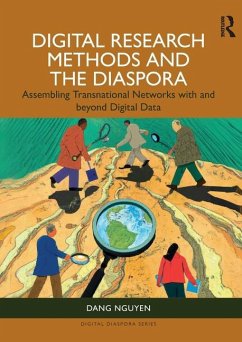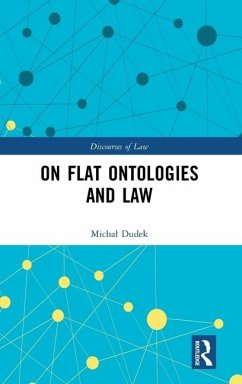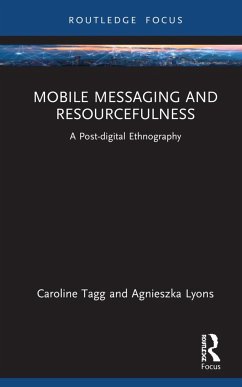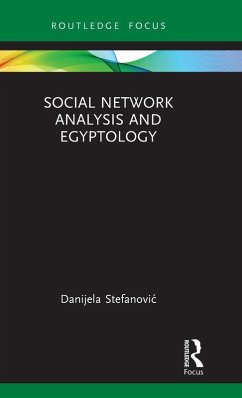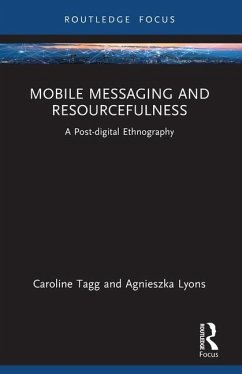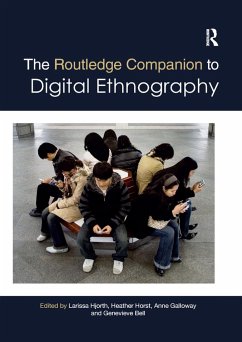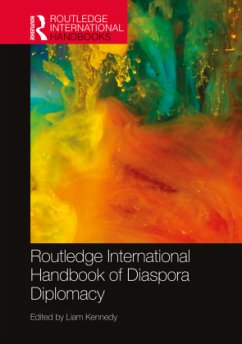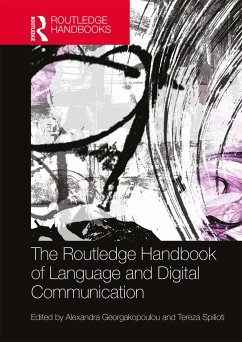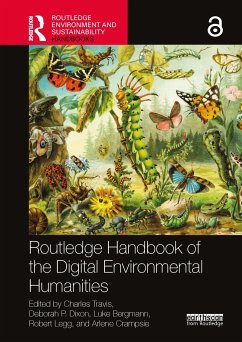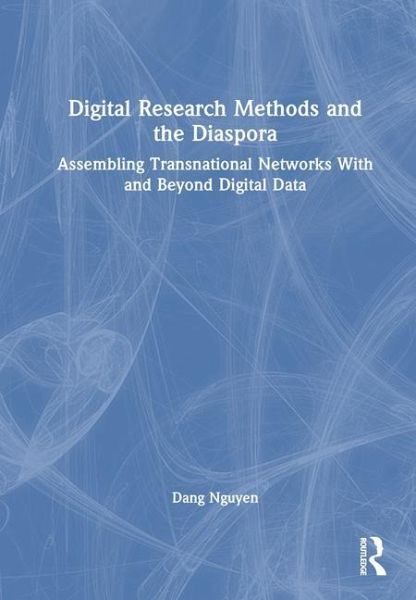
Digital Research Methods and the Diaspora
Assembling Transnational Networks with and Beyond Digital Data
Versandkostenfrei!
Versandfertig in 6-10 Tagen
154,99 €
inkl. MwSt.
Weitere Ausgaben:

PAYBACK Punkte
77 °P sammeln!
The computational turn in the social sciences and humanities has generated much excitement about the potential to refresh our approaches to the study of the techno-social. From natively digital to digitised data, researchers of digital diasporas increasingly find themselves working with a range of disparate digital objects. These digital objects can include anything from hyperlink to timestamps, from platform behavioural metrics such as react, share, or retweet to different media formats such as text, image, pre-recorded or livestreamed videos.Taking these disparate objects into account, this ...
The computational turn in the social sciences and humanities has generated much excitement about the potential to refresh our approaches to the study of the techno-social. From natively digital to digitised data, researchers of digital diasporas increasingly find themselves working with a range of disparate digital objects. These digital objects can include anything from hyperlink to timestamps, from platform behavioural metrics such as react, share, or retweet to different media formats such as text, image, pre-recorded or livestreamed videos.
Taking these disparate objects into account, this book introduces digital methods as research strategies not only for dealing with the ephemeral and unstable nature of tracing the diaspora with digital data, but also for reconceptualizing digital diasporas as assemblages and networks of more-than-human actors. The book also introduces a range of theoretical perspectives and methodological techniques to studying digital diasporas as contingent and processual hybrid collectives of heterogeneous material, cultural, and practice-based assemblages.
This book will be essential reading for students and scholars interested in the digital space and transnational communities.
Taking these disparate objects into account, this book introduces digital methods as research strategies not only for dealing with the ephemeral and unstable nature of tracing the diaspora with digital data, but also for reconceptualizing digital diasporas as assemblages and networks of more-than-human actors. The book also introduces a range of theoretical perspectives and methodological techniques to studying digital diasporas as contingent and processual hybrid collectives of heterogeneous material, cultural, and practice-based assemblages.
This book will be essential reading for students and scholars interested in the digital space and transnational communities.





